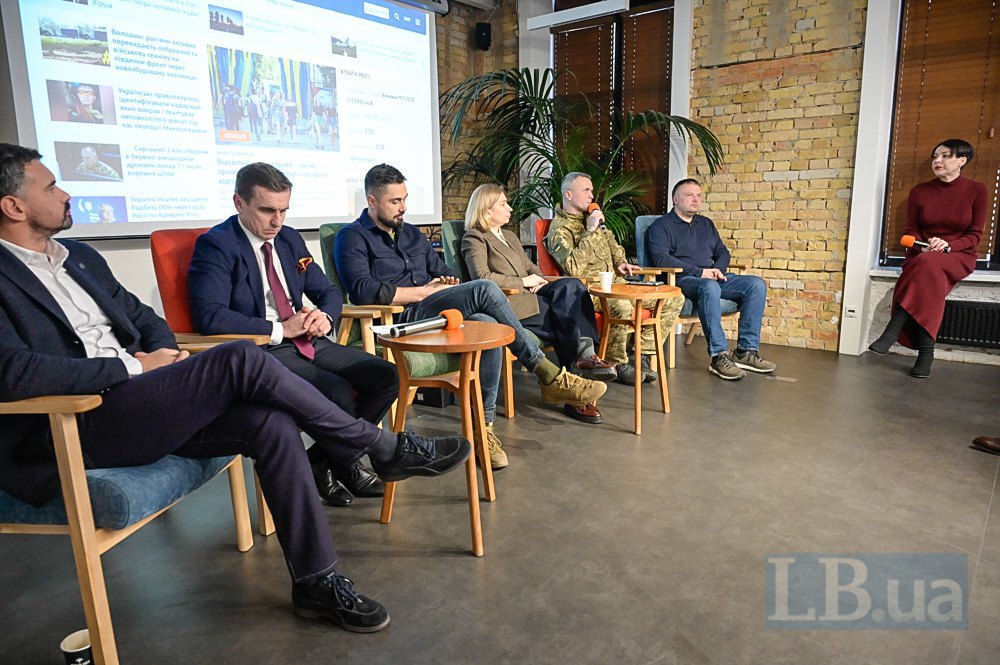
Thus, based on the results of almost two hours of discussion, we can identify the positions on which no concessions should be made in negotiations with the Americans and Russians.
- The size and capability of the Armed Forces of Ukraine
As a reminder, the President of Ukraine Volodymyr Zelenskyy stated in Davos in mid-January that such a possible demand from the Russian leader to Ukraine - to reduce the size of the army by almost five times - was a condition for peace talks. And he immediately rejected it. All the panelists on the discussion panel rejected it unanimously.
‘The Armed Forces are our best negotiator today. It is not diplomats, but the Defence Forces that determine our position,' said Kostyantyn Yeliseyev, Ambassador Extraordinary and Plenipotentiary of Ukraine (2015-2019).
The chief sergeant of the UAV strike company, former MP Yehor Firsov, elaborated on this idea. According to him, negotiations do not take place in the form of dialogue or discussion. Diplomats come with maps handed over to them by the Armed Forces, and these are the main arguments.
‘If the positions are strong: we are holding the defence, sometimes we are advancing, piling up, the enemy is suffering significant losses, diplomats can talk on equal terms. If the front is bursting at the seams, we retreat (thank God, the front is more or less stable now), the position of diplomats will be weak. That is, it reflects the situation on the battlefield,’ the former MP emphasises.
What is the attitude of the military to the talk of a truce? ‘With heroic pessimism, without expectations of significant changes,’ says Ihor Lutsenko, founder of the Aerial Reconnaissance Support Centre and former MP.
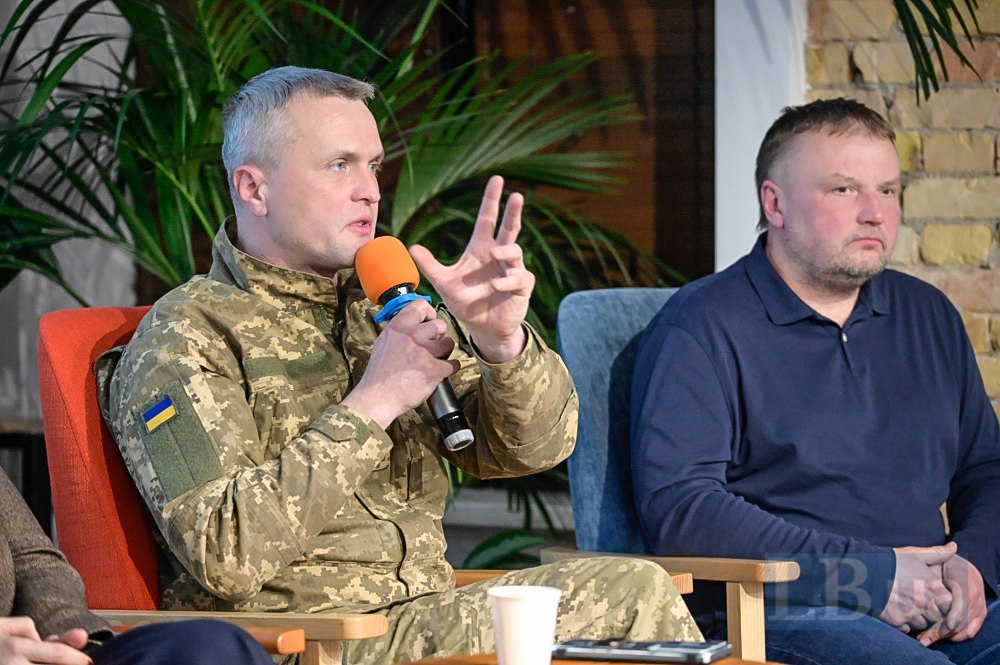
‘I don't think anyone has any faith that it will get easier for us in the near future,’ the soldier said, ’I mean, there is an understanding that a truce in one form or another will be just another form of military conflict, that is, war. And at this time, the available resources - time, money, people - should be used as actively as you use them in defensive and offensive battles.’
Lutsenko was also supported by Yehor Firsov. According to him, although the truce is perceived positively among the military because people want a break, it seems almost unrealistic.
‘You can see on your phone screen that someone is negotiating something (the terms of the ceasefire - Ed.) and maybe they are about to agree. But nothing changes for you. For you, the shelling, trenches, assaults, complicated logistics remain the same. And this goes on virtually endlessly,’ says the former MP.
Despite the enormous fatigue and the inevitable reincarnation with complete exhaustion, the units are now and then opening up their internal reserves, emphasises Yehor Firsov. So he sees enough resources to continue the fight. And he does not give up hope for a qualitative organisational improvement of the Armed Forces.
And Ihor Lutsenko believes that Ukraine is capable of almost doubling the size of the Armed Forces if it had such a goal.
‘I travel around the country a lot - both at the front and in the rear - and I do not see anything that might seem like a factor, some reason to believe that we will stop somewhere in our armed struggle. I see a huge number of men of conscription age who, in principle, are perfectly suited to perform tasks within UAV units at the very least. I don't know their health status, but I can see that they are definitely smart and energetic. A huge number of people,’ Ihor Lutsenko stressed. Moreover, he believes that Ukraine has enough human and economic resources to win in Russia.
Roman Kostenko, the current MP and Secretary of the Parliamentary Committee on National Security, Defence and Intelligence, responded to this. According to him, doubling the size of the Armed Forces seems unlikely, even despite the existing mobilisation reserve, because everything rests on economic opportunities.
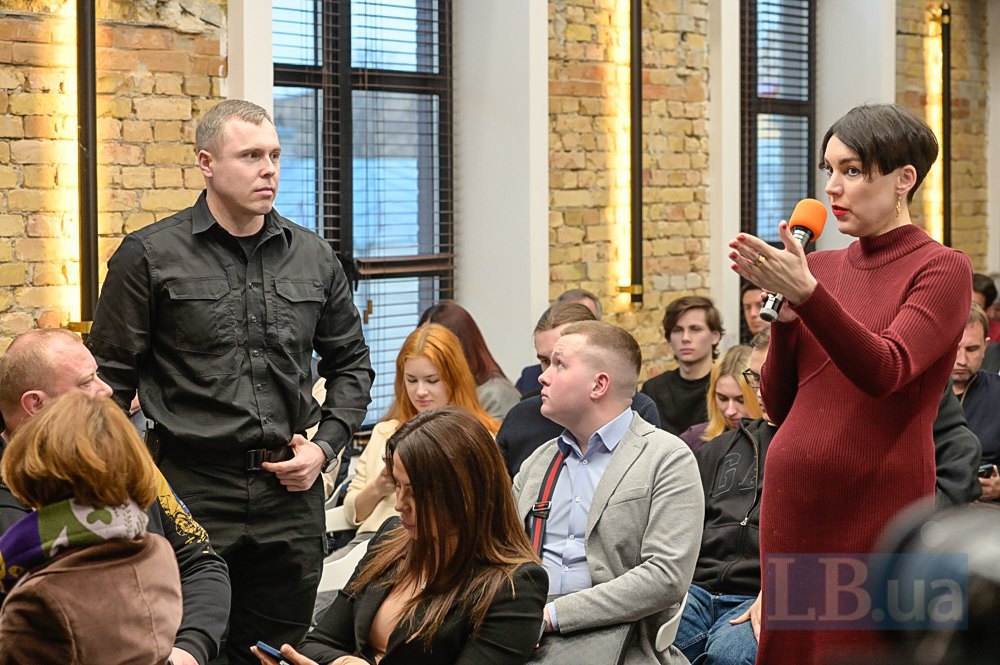
‘A little bit of maths. We have a budget of just over 4 trillion. 2.3 trillion is the military budget, almost half of it. This is all we earn ourselves. Of this, 1.5 trillion is the budget of the Ministry of Defence. Out of this 1.5 trillion, almost a trillion is spent on the maintenance of the number of troops we have, and only 500 billion is spent on supplies and the purchase of weapons. With this 500 billion, we have to buy imports and do everything we can to ensure that our guys are armed on the battlefield. Are the guys ready to fight for free? We all know the answer,’ said Roman Kostenko.
To summarise this block, we cannot afford to reduce the Armed Forces, because it will automatically reduce our ability to defend ourselves against the enemy both now and in the future. In addition, according to an Ipsos Group poll, the head of the board of the Civil Network OPORA, Olha Ayvazovska, 80% of Ukrainian citizens are strongly against reducing the size of the Armed Forces of Ukraine, if there were such a requirement.
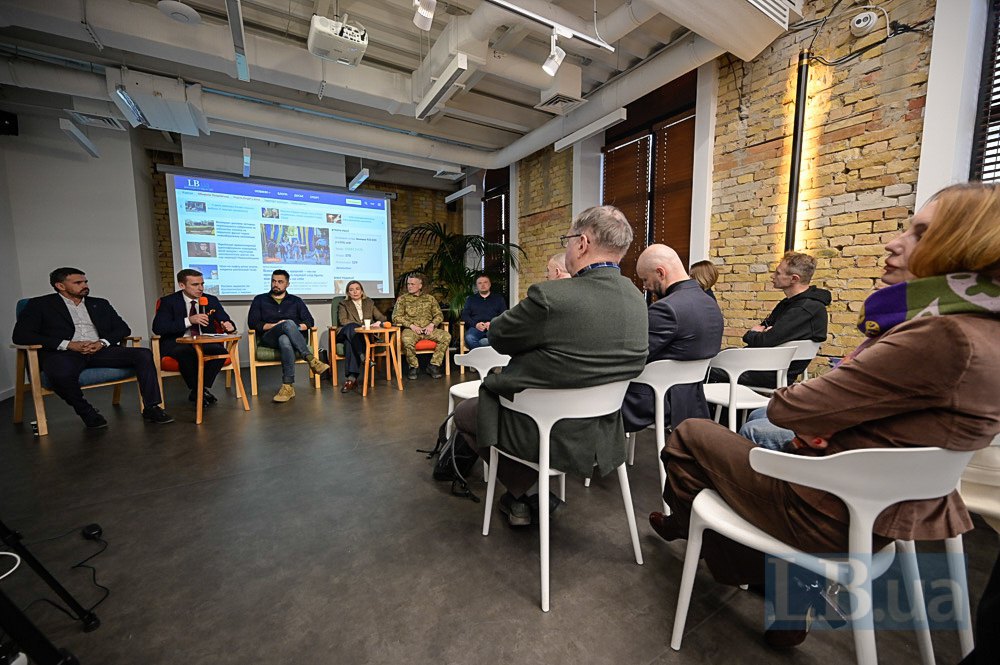
- Territorial integrity, sovereignty, national identity (including language, church, etc.)
Everything is clear here: there are internationally defined borders, and they must be respected. There are no compromises.
‘We cannot give away either my native Luhansk or Crimea. It's a matter of principle,' said Ihor Liski, businessman and chairman of the supervisory board of EFI Group, ’Once the genie is out of the bottle, it will only be a matter of time before other countries can redivide Ukraine. And not only Ukraine. This will be the right of the strong, which will destroy not only the world order. It will be the Third World War. In fact, it already exists, it will just grow into a large-scale story,’ the businessman believes.
In diplomat Kostyantyn Yeliseyev's opinion, in order to avoid any insinuations from the United States that we are surrendering our territories, we need to immediately work on the adoption by the US side of a document similar to the Crimean Declaration, which would include all Ukrainian territories, including those included in the Russian Constitution.
- Military and technological sovereignty (high-tech defence industry)
Great engineers are what made our army able to defend itself, survive and fight back, said Ihor Lutsenko. And the biggest threat to the defence industry today is technical dependence on the US, China and Europe, he said. Therefore, it is crucial to preserve the sprouts of independence that have emerged in this area and increase it, because Ukraine has a huge potential to increase efficiency, the founder of the Aerial Reconnaissance Support Centre assures.
‘We have enough human resources. We have enough budget. 20% of the military budget does 80% of the work at the front,’ Lutsenko said.
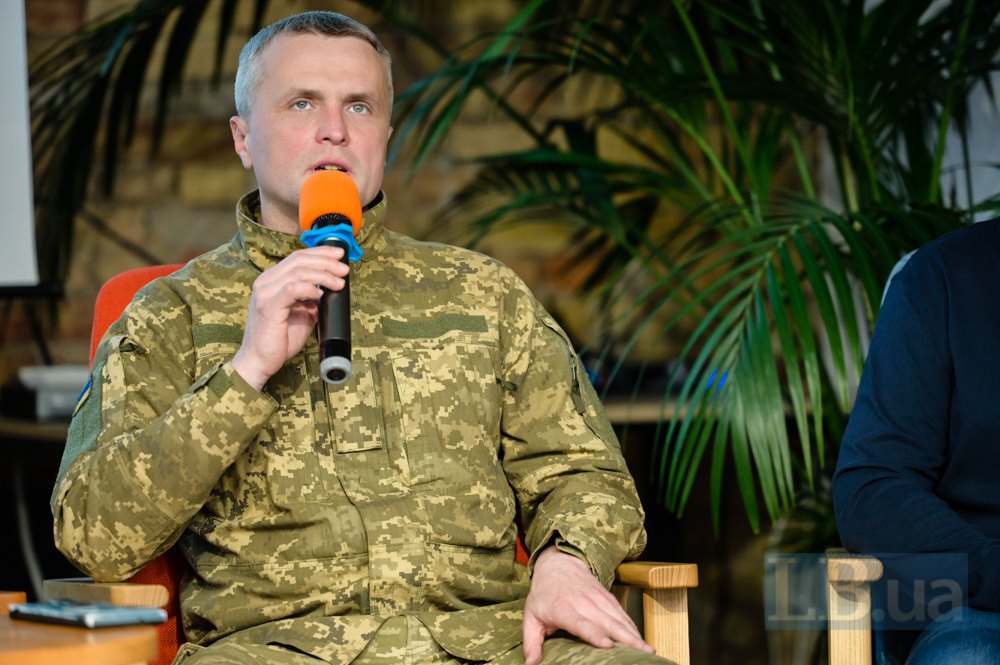
Ukraine should not just increase weapons production - it should produce the weapons of the future, and therefore it is imperative to develop basic science, continued businessman Ihor Liski.
‘If we can't produce long-range missiles of 500+ kilometres ourselves, this war will never end. If we cannot produce 50+ long-range missiles per month, the war will not end. If Russia is not afraid of retaliatory strikes, nothing will happen,’ says the businessman. ’We also have to produce 155 calibre, the main components of the weapons of the future: electronic systems, components for drones, communications, electronic warfare systems, etc. And this will be impossible without the support of fundamental science - there can be no weapons of the future without it.’
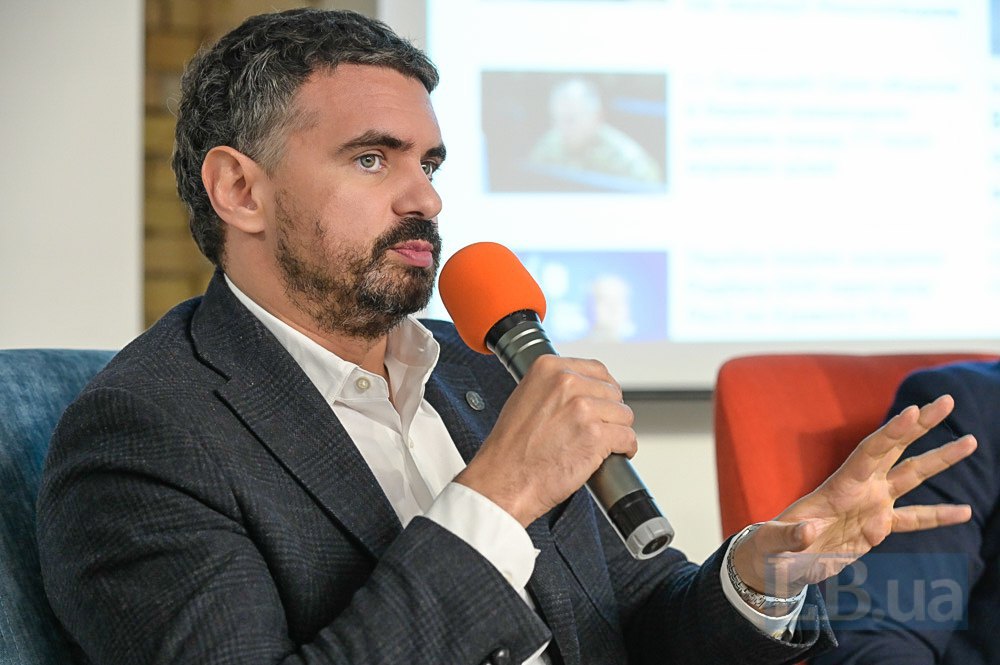
- Determining the legitimacy of power
There can be no agreements or requirements for political leadership in Ukraine from the outside, says Olha Ayvazovska, chair of the board of the Civil Network OPORA. When and who will lead the state should be determined by its citizens in accordance with the law, the expert adds.
According to Ayvazovska, under certain circumstances, elections in Ukraine can take place under the legal regime of martial law and during the ceasefire. Or they can be held after the end of the major phase of the war and the termination of the martial law regime.
‘It all depends on political flexibility and leaders in the Office of the President, as well as the parliament itself, which has certain options to, for example, hold a presidential campaign even before the end of martial law,’ Olha Ayvazovska explained. So far, there have been no specifics from the decisive makers.
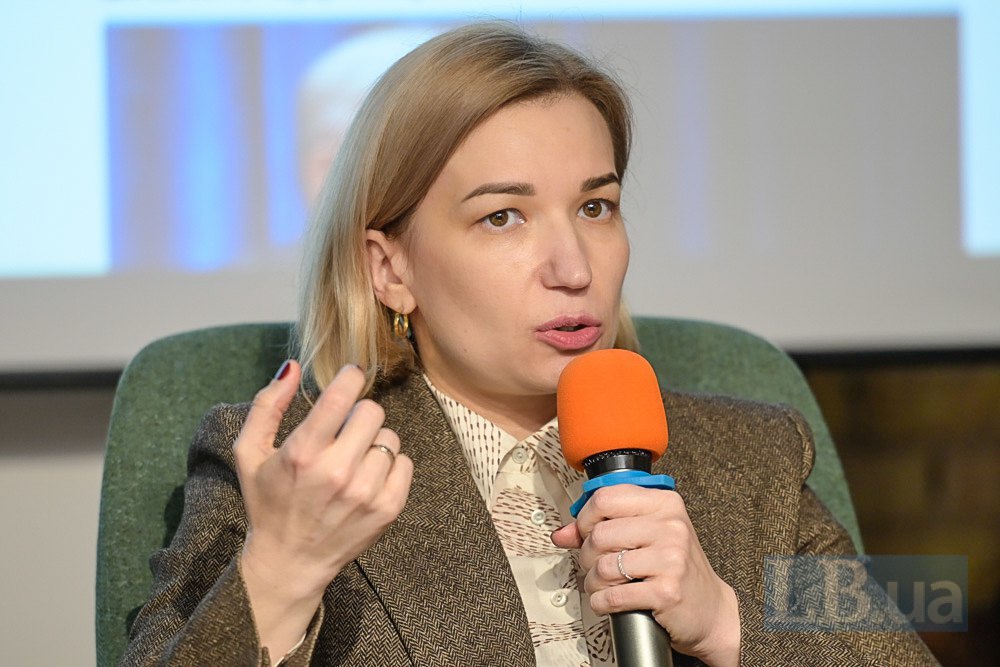
‘When I hear about three to four months, I can focus on just one topic of the State Register and tell you what it will look like in the field when in specific communities 70-80% of the data in the register is untrue. And what can be done with the data of people who are converted into votes in the protocol, if there is a clear understanding of the administration's leadership that these people do not exist, no one will come and vote for them,’ says the head of OPORA, who has been monitoring election campaigns in Ukraine for 20 years.
- Compensation for damage caused by Russia's aggression
300 billion of Russia's frozen assets in the world will definitely be part of the negotiations, says Olha Ayvazovska, chair of the board of the Civil Network OPORA. Firstly, it is connected with the question of where to get money for the war. Secondly, it touches on the issue of compensation for damages.
‘The question is how to increase these funds and convert them into a stabilisation fund that will help Ukraine continue the war legally, in accordance with the UN Charter, at the expense of the taxpayers of the Russian Federation. Because we are talking about sovereign assets,' Ayvazovska said.
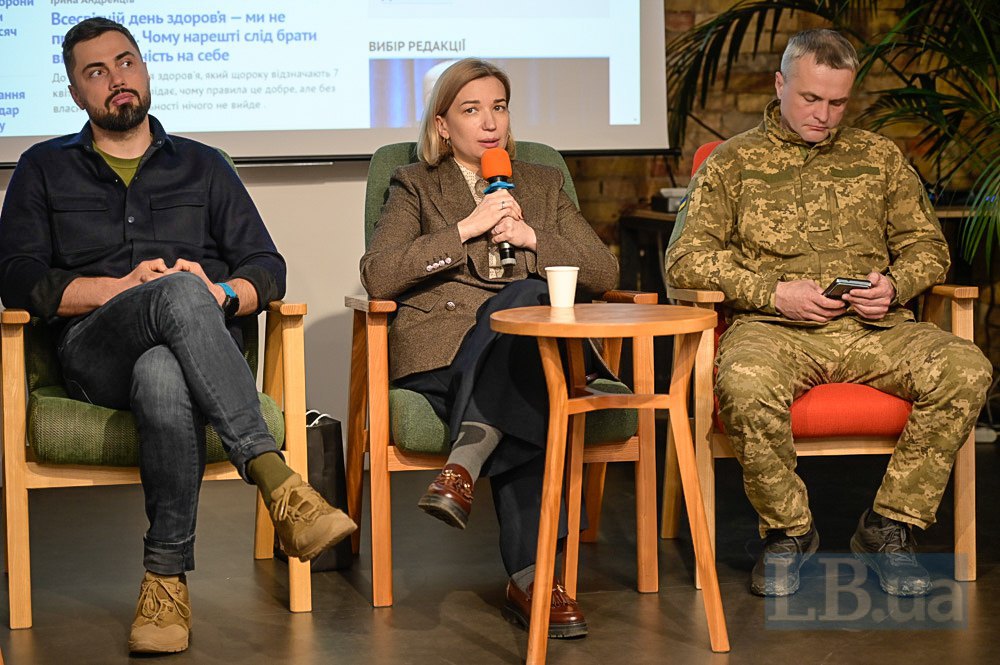
‘A country that has suffered aggression must give everything to make someone calm down, sit down at the negotiating table and continue business as usual,’ she says.
- Punishing Russia
No matter what Trump and Putin agree on through his representatives or directly, the Special Tribunal for the crime of Russian aggression must exist, work and ensure the sustainability of peace and punishment of criminals, Olha Ayvazovska is sure.
Without punishment, the criminals will return to committing crimes in this or that region, she adds.
‘There is already a draft of the Special Tribunal's charter, lawyers have completed their work, made certain decisions, clarified all types of immunities, everything that prevented us from punishing high-ranking Russian officials for the crime of aggression,’ the expert said.
- Security guarantees
The speakers' opinions differed somewhat on this issue. Some, such as Olha Ayvazovska or Kostyantyn Yeliseyev, believe that Ukraine should demonstrate its movement towards NATO, despite the obvious difficulties and resistance, because, as the diplomat noted, this is ‘a key and existential issue for Ukraine’.
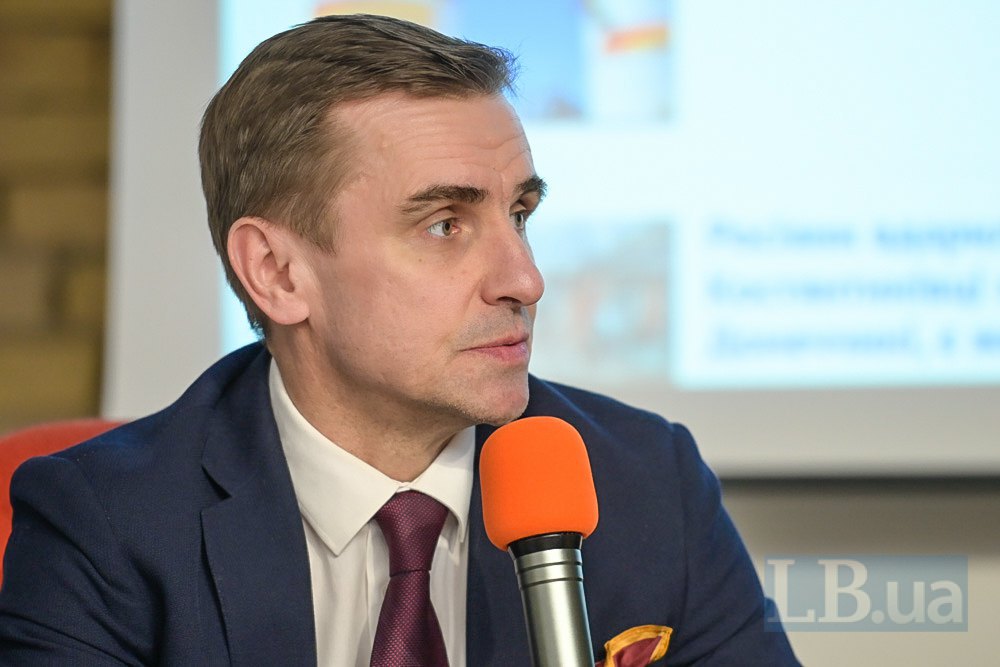
There is more hope for the deployment of a European contingent. However, this initiative has no public specifics yet.
Why the negotiations are not moving forward
According to Olha Ayvazovska, there are currently no conditions for diplomacy on the part of Ukraine and Russia - they are not yet 100% exhausted. The head of OPORA notes that the experience of Northern Ireland shows that the parties enter into negotiations when they are both completely exhausted and each subsequent step worsens the situation for them to such an extent that it is simply impossible not to negotiate.
‘And Ukraine is not on the current track. Because Ukraine does not have a voice and does not have the weight of its positions that is necessary to seriously counter the interests of the other side plus the United States, which is not behaving in a way that is quite in line with traditional positions,’ Ayvazovska says.
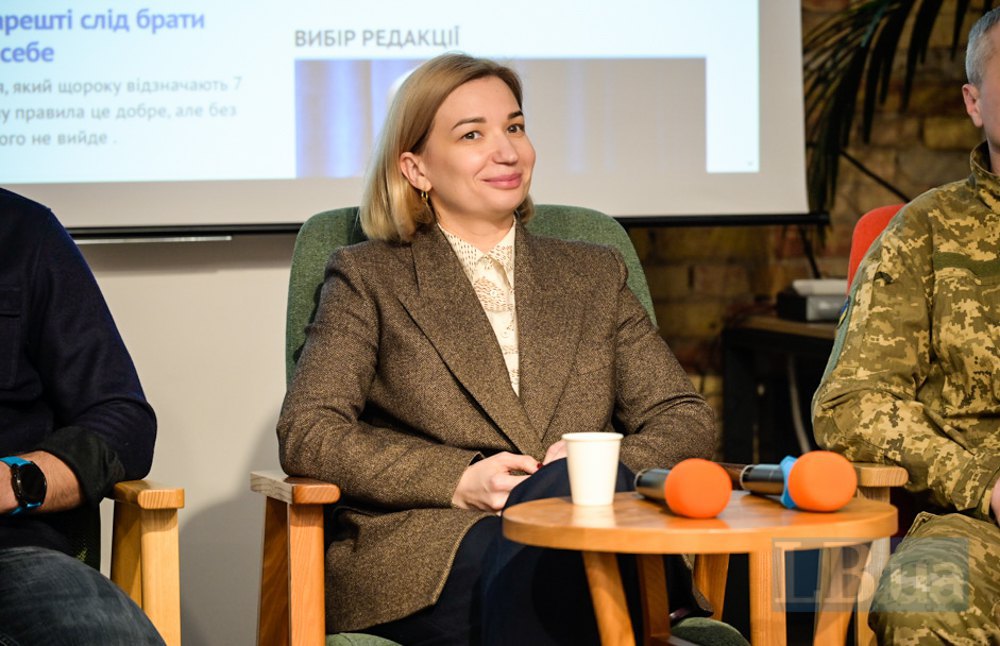
‘From a psychological point of view, Putin is not going to stop the war at all. He sincerely believes that he will succeed in taking Kyiv in three days 2.0 this summer. We understand that this is unrealistic, but he lives in this paradigm. And they are beginning to pump up Russian society as to why it should accept that the war will continue,’ the political scientist explains.
That is why the narrative that Russia has been broadcasting to the world for 1.5 years - ‘Ukraine does not want peace’ - has changed. Now their thesis, Denysenko notes, is that ‘the Ukrainian army does not obey the military and political leadership.’ The world rejected this narrative immediately, but it works for the Russians to explain why, despite the fact that 75% of them (according to a sociological survey conducted by Business Capital, Media Center Ukraine and the New Image Group sociological company - Ed.) expected peace talks, they will continue to fight, the expert says.
‘There have never been such numbers. They would like this peace, but Putin is trying to prove to them with this narrative that they cannot make peace because there are ‘Nazis’ who do not listen to Zelenskyy. So we have to fight,’ Denysenko said.
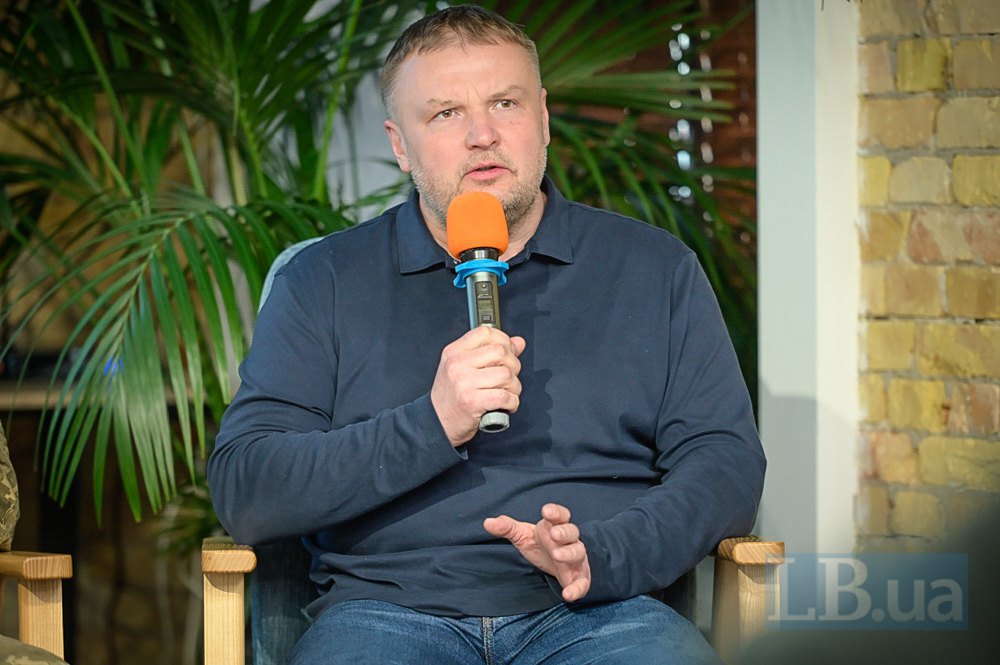
According to Kostyantyn Yeliseyev, the window of opportunity to end the war opened by Donald Trump still exists, and Ukrainian diplomacy has not yet said its last word.
Internal red lines
No matter how external events unfold, it is impossible to win this war without internal unity, the panelists emphasised. They noted certain markers that need to be worked on within the state.
Ihor Lutsenko believes that it is necessary to finally stop the functioning of the aggressor's hybrid structures in all spheres: business, media, lawyers, etc. Because they become active at the first opportunity.
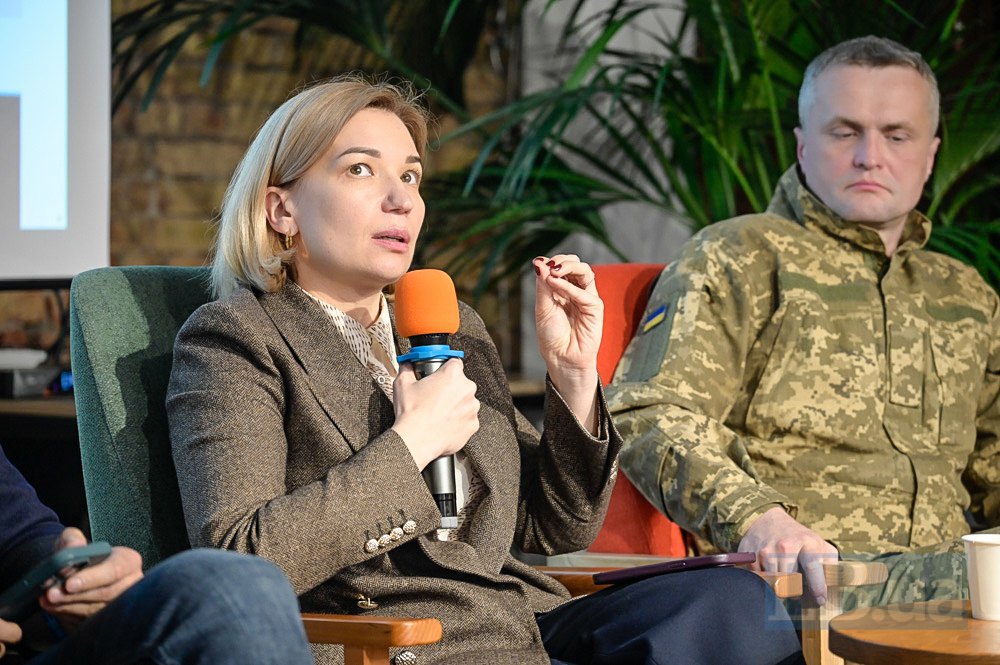
This was supported by Olha Ayvazovska. In her opinion, the worst scenario for Ukraine is the Georgian one (peaceful occupation after the war).
‘If citizens don't know where it came from, don't believe in anything but rubbish, read anonymous telegram channels and are a great resource base for disinformation, we will lose the peace. We can win the war, but we are losing the peace,’ she said.
At the same time, the Head of the Board of OPORA drew attention to the fact that during elections - whenever they are held - it is very important to maintain naturally educated communication so that ideological and programmatic polarisation, which is inevitable during election campaigns, does not lead to splits in society. In other words, during the election campaigns, we should discuss how to restore the country, not turn the electorate against each other, and not allow people to play on different experiences of living through the war.
Diplomat Kostyantyn Yeliseyev emphasised the need to continue democratic reforms leading to accession to the European Union. According to him, Ukraine has never been so close to this.
At the same time, political strategist and former MP Ihor Hryniv cited a recent poll of Ukrainians about the future: 50% of Ukrainians believe that we should not move towards the European Union or anywhere else, but rather follow our own path, relying on our own resources.
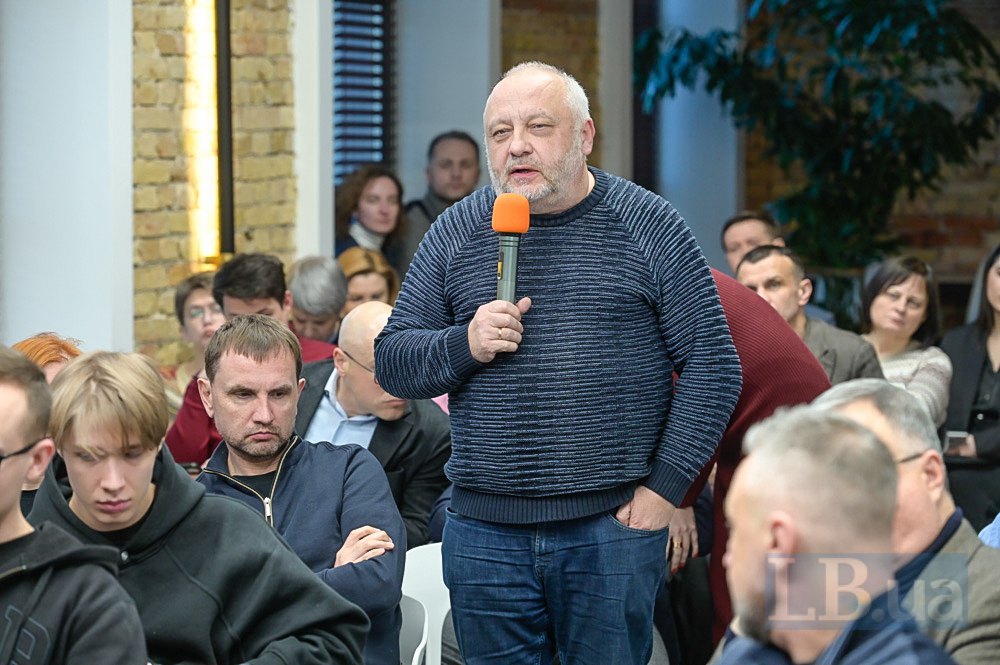
‘This is a figure that scares me personally. I think we need to work with it, talk and think about it a little more. Of course, this Euroscepticism or American scepticism is not a current phenomenon. This is a figure that has been haunting us for many years. That is, when you give people the choice of their own path and their own resources, they take the first place,’ the political strategist said.
Businessman Ihor Liski emphasised the need to establish justice within the country and build public trust in the government. Without this, he believes, the state will not be able to function properly. And any investment will be out of the question. To do this, the administrative, organisational and managerial crises must be overcome.
‘Supporting the Armed Forces, supplying the army, making quick decisions, and solving the staffing problem, which is enormous at all levels, depend on this. Sometimes the state is simply incapacitated. And I'm not talking about tax administration, which is in complete chaos. Sometimes, simple organisational decisions turn into a problem that has to be closed by the President's Office when everything is already on fire,’ the businessman said.
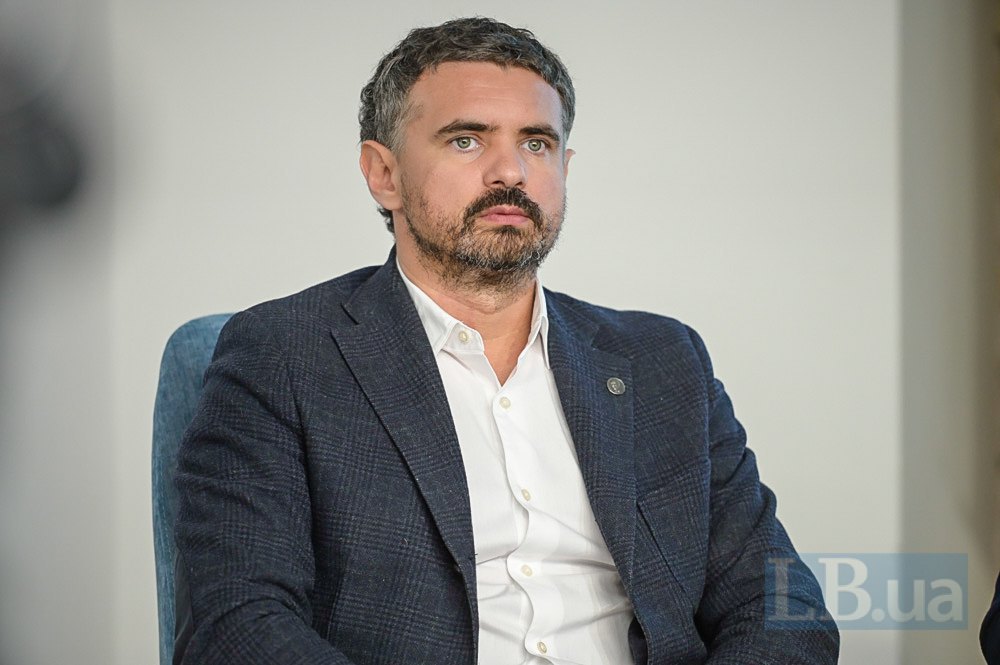
Oleksandr Bereza, a member of the Mykolayiv City Council, drew attention to the imbalance in terms of economic development. According to him, the general rules for economic development lead to regions such as Mykolayiv Region actually losing business due to its proximity to the frontline, as it relocates to more attractive western regions. As a result, we are seeing an outflow of human capital and young people.
‘According to a survey, about 28% of Mykolayiv schoolchildren in grades 10-11 intend to continue their education in Mykolayiv, out of those who did not leave the city before,’ says the MP. And it is difficult to find the points where the city can develop now, he adds.
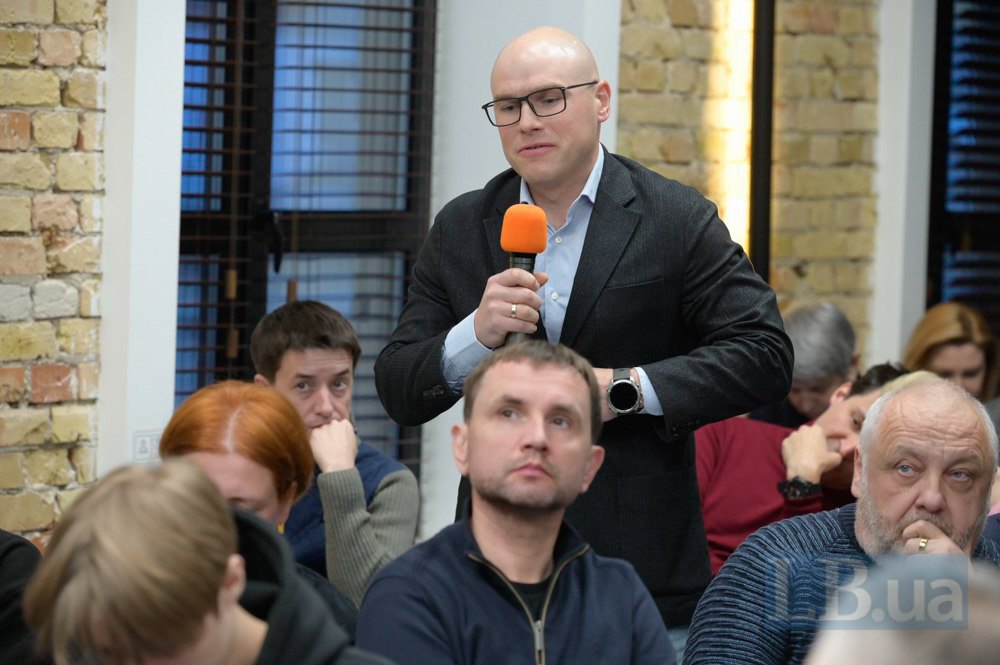
According to Kateryna Rozhkova, Deputy Governor of the National Bank of Ukraine, this problem is typical for all regions that are currently suffering the most from ballistic missile attacks - Chernihiv, Kharkiv, Dnipro, and Poltava. This is primarily due to the outflow of people.
Despite the migration of a huge number of people, temporary occupation, and destruction, the economy, she said, has rebuilt and is showing a small but steady growth.
‘Today, the logistics are well established, and we can export what we can export. After the direct destruction of our energy infrastructure, it is being restored. We are moving away from the concentration of these generating capacities, which complicates, for example, the enemy's ability to destroy further.
Businesses have relocated, and the demand that we lost due to the loss of people and a conceptual change in consumer sentiment has now been replaced by the state, which is converting its needs to support the army. This has started to drive the economy in a certain way, so I agree that we have the resources,’ says the NBU representative.
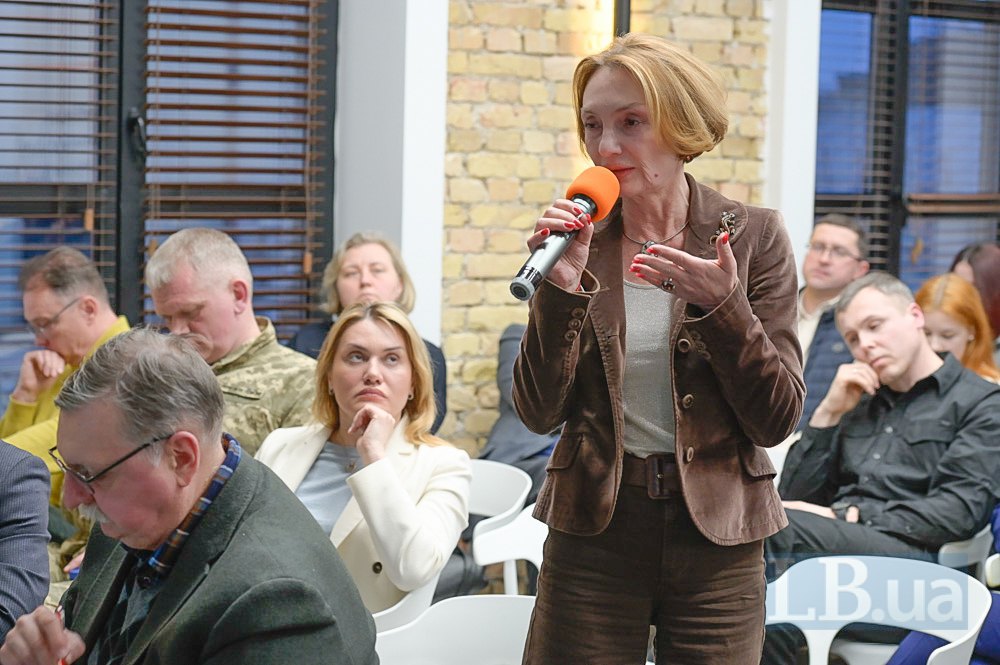
However, she acknowledges that the economy is still vulnerable due to dependence on foreign aid and threats to the energy sector.
‘If you look at the analytics published by the National Bank, you will see that the economic sentiment of producers and consumers is highly correlated with what is happening in the energy sector. As soon as the energy infrastructure is hit again and blackouts and blackouts begin, all sentiments fall, and economic activity declines. And this is also an issue on which we are very much dependent,’ Rozhkova added.
All the problems within the state - both named and unmentioned - globally exist because of a huge governance crisis, political scientist Vadym Denysenko is convinced. And because of attempts to solve this crisis by political means, simply by replacing official X with official Y.
‘It doesn't work that way, because the managerial crisis has completely different causes and completely different cause-and-effect relationships. All the things we talk about mobilisation, busying, corruption - these are not the causes. These are the consequences of the governance crisis we are living in. And no matter what we say or do, without resolving the governance crisis with real managerial methods, we will increasingly reach dead ends,’ Denysenko said.
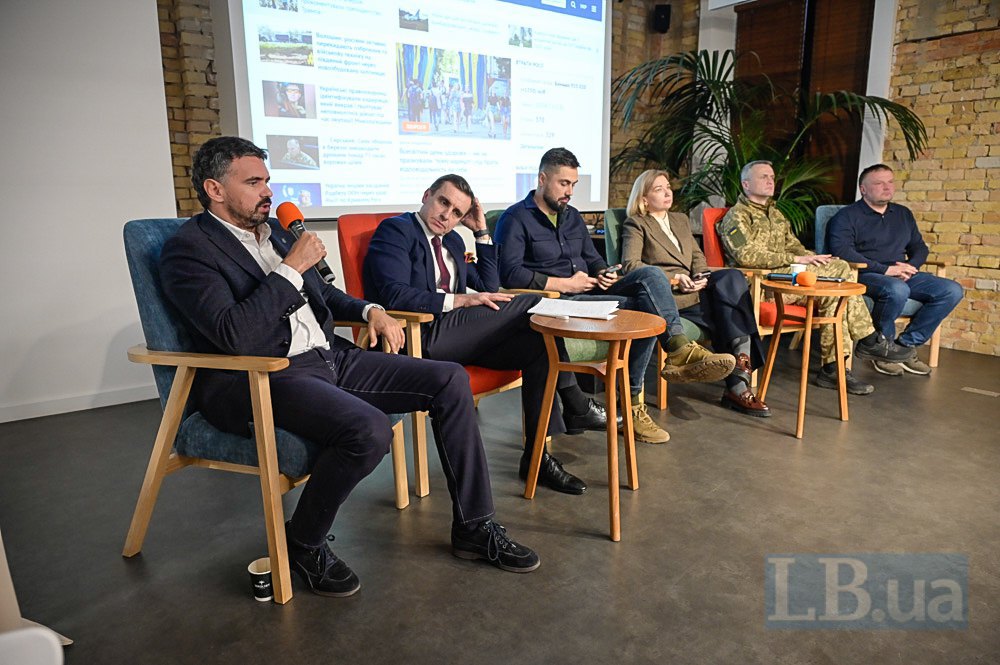
And to end on a positive note. Political strategist Ihor Hryniv, citing data from a recent sociological survey, noted that Ukrainians have become much kinder.
‘Society has become kinder, not angrier. And this gives us some optimism about the things it can unite on,’ the political strategist said.
Video format of the discussion:








